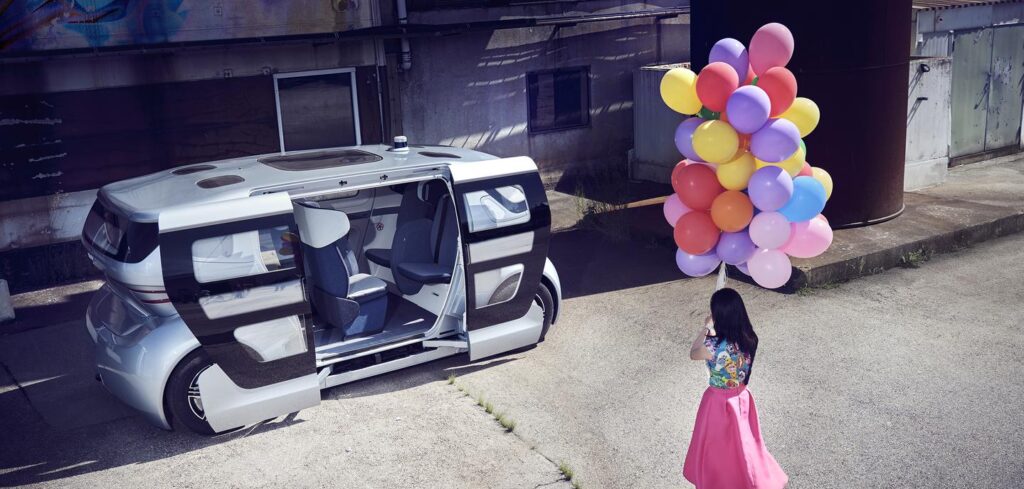Vision-based sensor system developer Terranet has signed an agreement with autonomous mobility provider NEVS (National Electric Vehicle Sweden) to investigate the integration of its VoxelFlow technology into the NEVS autonomous mobility system, PONS.
“The safety of both our passengers and all surrounding road users is NEVS’ highest priority and we’re very interested in the VoxelFlow technology as a way to maximize the safety of our future autonomous vehicles in the complex urban environment our service will operate in,” said Stefan Tilk, CEO of NEVS.
The PONS mobility system focuses on urban areas with the goal of developing shared, on-demand transportation solutions. As a part of the new partnership, NEVS and Terranet will jointly explore using VoxelFlow as a safety back-up system for NEVS’ self-driving Sango vehicles.
“VoxelFlow elevates ADAS safety to the next level serving both today’s human-driven cars as well as tomorrow’s self-driving vehicles. ADAS systems need to become way faster and smarter in order to contribute to a zero fatalities vision,” said Terranet CTO Nihat Küçük.
“We detect 3D lifelike movements within a few milliseconds using continuous-wave laser beams and bio-inspired vision sensors. Our frame-less concept doesn’t miss the slightest movement, eliminates motion-blur, and enables high-accurate ultra-dense 3D voxel streams. Due to its inherent simplicity, VoxelFlow requires only a fraction of the computing power of today’s computer vision systems. Our objective is to assist vehicles to break or dodge in emergency situations within tens of milliseconds.”
The project will also see Terranet’s technology integrated with developer holoride’s system, which looks to mix augmetned reality into vehicle entertainment systems. Voxel flow will provide the system with geospatial data and mapping of real world objects.
“We are enthusiastic about holoride’s mission to add thrill to every ride. In-vehicle entertainment will become even more important along with a higher penetration of self-driving cars,” added Küçük. “Terranet’s contribution to a ride in a virtual world is to stream real-world objects – which we see in VoxelFlowTM – into the VR platform in real-time. With our partner holoride we will disrupt the in-vehicle gaming experience, injecting static and dynamic objects which we detect and classify using Terranet’s neural network model and machine learning algorithms.”
Meanwhile, Terranet has also opened a showroom in Stuttgart, Germany. Within walking distance of key partner Mercedes-Benz, the showroom is housed inside the city’s historic, 140-year-old Villa Hammerwerk building. The new demo space, strategically located in the center of Europe’s auto industry, will host interactive experiences of Terranet’s VoxelFlow technology, allowing the company to rapidly incorporate feedback from key players in the industry and adjust the technology to fit their unique needs.


